In the last 4 yrs, I've studied 19th C English Literature. I love it so much that whilst I do read modern books, for me, there's nothing like 19th Century Literature, especially Sensation Literation.
What is 19th Century Sensation Literature? For the purpose of definition, we define 19th Century Literature as " The Long 19th Century " which runs from the late 1700s to 1914, the onset of the Great War. Everything changed after that event!
In my 19th Century studies, I have covered Traditional Tales, Gothic Literature, Fallen Women, Sensation Literature, Female Authors and Early Detective Fiction. I have found it all personally empowering and enhancing.
Here we are looking at Gothic and Sensation Literature.
The genre that I have enjoyed the most has been 19th Century English Sensation Literature.


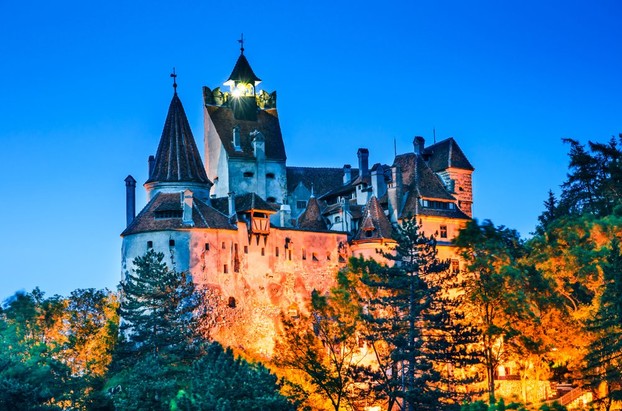
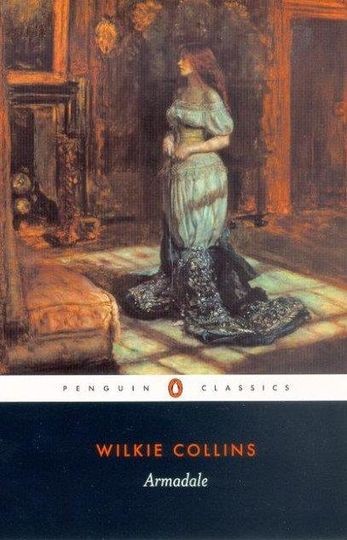
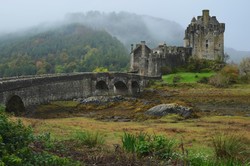

 Blarney Castle and Gardens, County Corkon 06/01/2023
Blarney Castle and Gardens, County Corkon 06/01/2023
 An Cóbh, Corcaigh, Eireon 05/29/2023
An Cóbh, Corcaigh, Eireon 05/29/2023
 Dublin ; The Book of Kellson 04/04/2023
Dublin ; The Book of Kellson 04/04/2023
 The Bee Tree Community CIC;- an online support communityon 08/24/2022
The Bee Tree Community CIC;- an online support communityon 08/24/2022
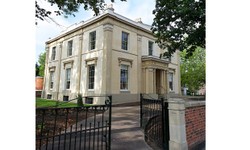
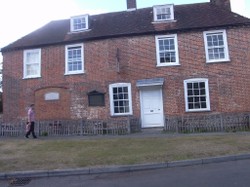
Comments
The Bronte House is certainly still there and i think Walpole's house is too.
Charlotte Bronte is by far and away the more popular of the 3 sisters
The computer crashed before I continued to another component of my observation and question below.
How does Anne Bronte fare, in comparison to sisters Charlotte and Emily, among British Isles-ers?
Emily Bronte appearing on the Gothic and sensation literature list catches my attention again and again.
Do Charlotte Bronte and Emily Bronte hold similar reactions among British Isles-ers or does one sister hold more sway than the other?
This wizzley advises us of The grey woman by Elizabeth Gaskell even as another wizzley advises us of her Manchester-address house.
This first-mentioned, same wizzley also considers the following authors and their books:
Mary Shelley - Frankenstein
Matthew Lewis- The Monk
James Hogg - Confessions of a justified sinner
Ann Radcliff - The Mysteries of Udolpho
Emily Bronte - Wuthering Heights
Horace Walpole - Castle of Otranto
Oscar Wilde - The Picture of Dorian Gray.
Is each one of the aforementioned authors' residences still extant?
If so, it would be interesting to read for each one treatments similar to your treatment of the Gaskell house!
A wizzley linked to this wizzley looks at the Elizabeth Gaskell house in Manchester.
Might that mansion have maintained some mementoes from, or some motivations or motives for, The grey woman?
The third subheading, Gothic literature authors and books, contains the following examples:
Mary Shelley - Frankenstein
Matthew Lewis- The Monk
James Hogg - Confessions of a justified sinner
Ann Radcliff - The Mysteries of Udolpho
Emily Bronte - Wuthering Heights
Horace Walpole - Castle of Otranto
Oscar Wilde - The Picture of Dorian Gray
Elizabeth Gaskell - The Grey Woman ( a novella ).
Which of the above authors and books is your favorite?
Good Evening Derdriu, You make several finely drawn points.
The Moonstone is one of Wilkie Collins " Big 4 " books, - Armadale, No Name, Woman in White and The Moonstone. I have read all of these. You make an excellent point in that there is an overlap between the different genres.
Another interesting point is that Characters names at this time are often significant. Think of Dorian Gray and his other self - Doppleganger - DG Dopple ganger D for Dorian G for Gray. Dr Jeckyl / Mr Hyde - Hyde being his hidden self.
As I say, 19th Century Literature is so different that it takes a while but I read mostly 19th C now. I find there are more subplots, well-drawn characters and descriptions than in modern literature.
I agree that the link between Sensation Literature and opera is an interesting and probable one. I can see that in its time, Sensation was quite a departure and therefore shock to the middle-class readers.
So many points to pick up on, thank you for your input.
Veronica, Thank you for practical information, pretty pictures and product lines.
On this side of the pond, Wilkie Collins perhaps attracts attention most as author of The Moonstone. Is that novel known on your side of the pond, and was it perhaps covered in early detective literature?
It's interesting that the villainess of Armadale has the name Lydia Gwuilt, the last perhaps alerting readers to the fact that she's guilty (gwilt-y ;-D) of villainy.
It's completely understandable from what you write why sensation literature has its appeal. But how easy is it to find it to read?
In a somewhat related direction, may not one say in a way that opera is sensation music what with some of its plots overlapping with the ones that you mention and with some of its "bad guys" really being such "bad girls" as Amneris and Carmen?
BSG, Great point
Yes, and we are looking at the near ending European Mini Ace Age too which could be an entire article in itself.